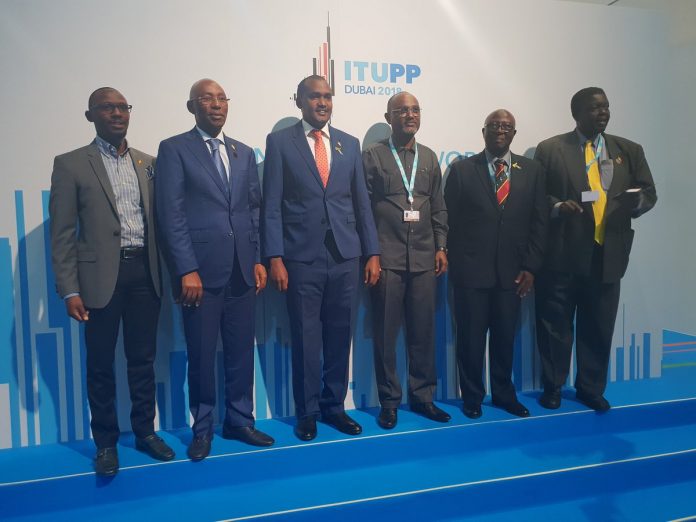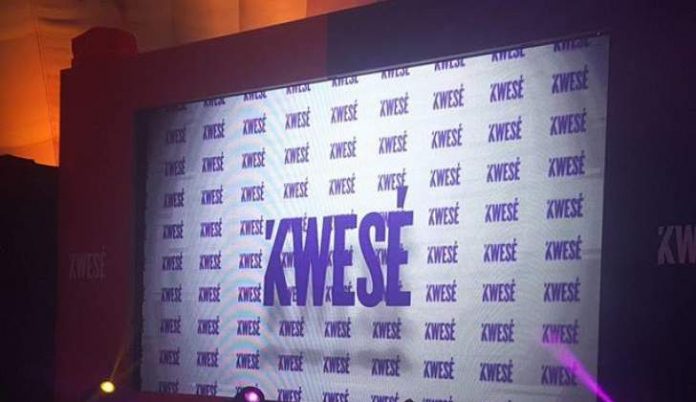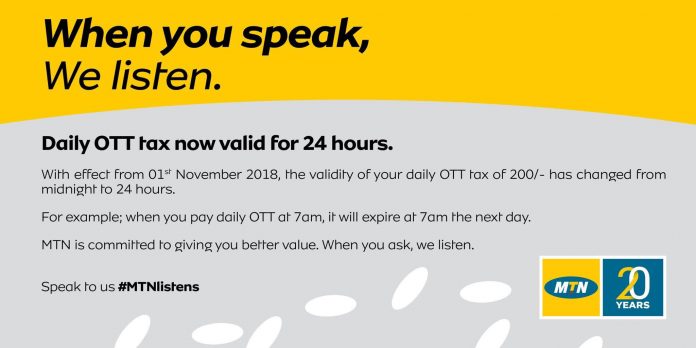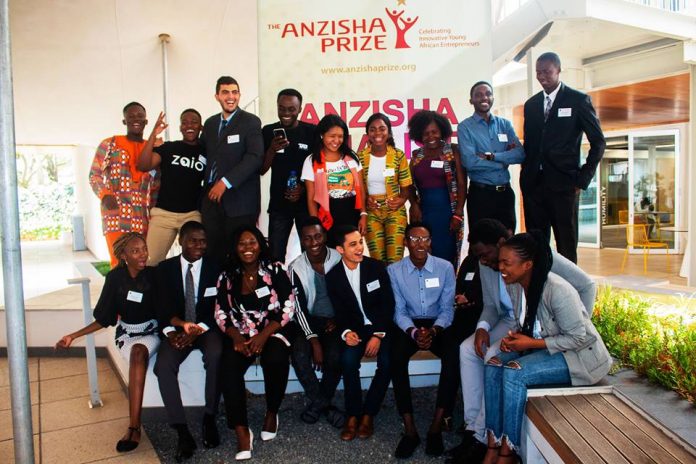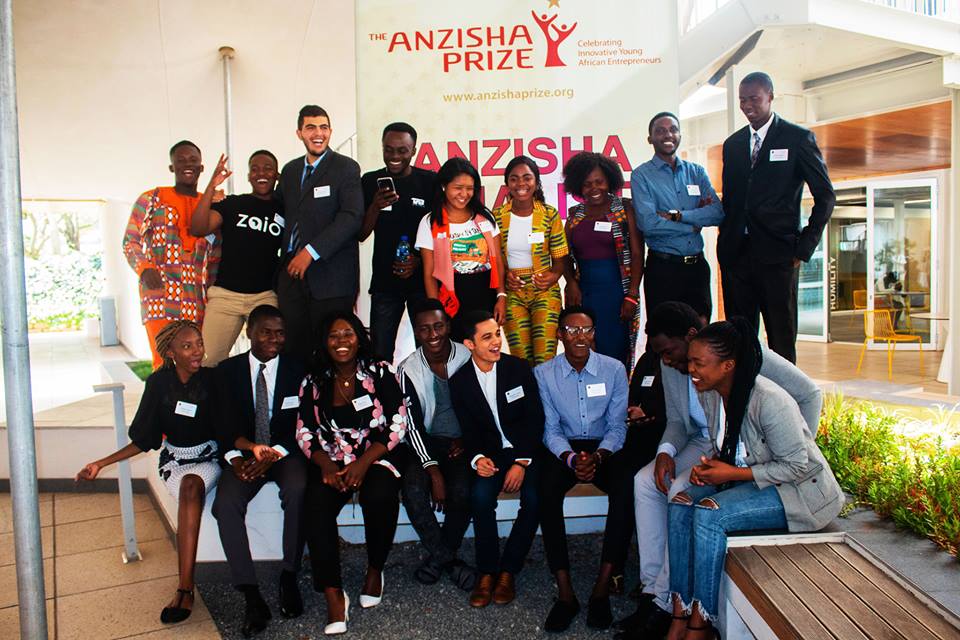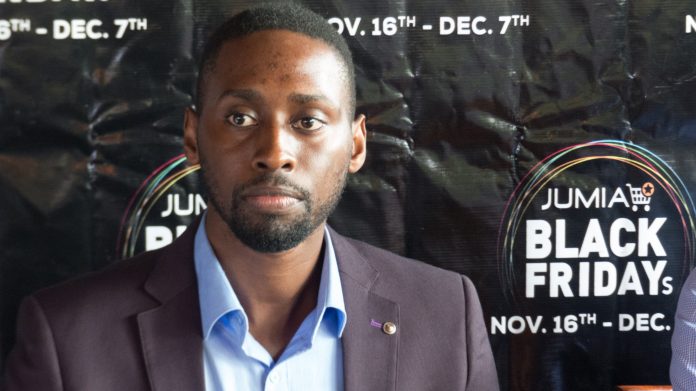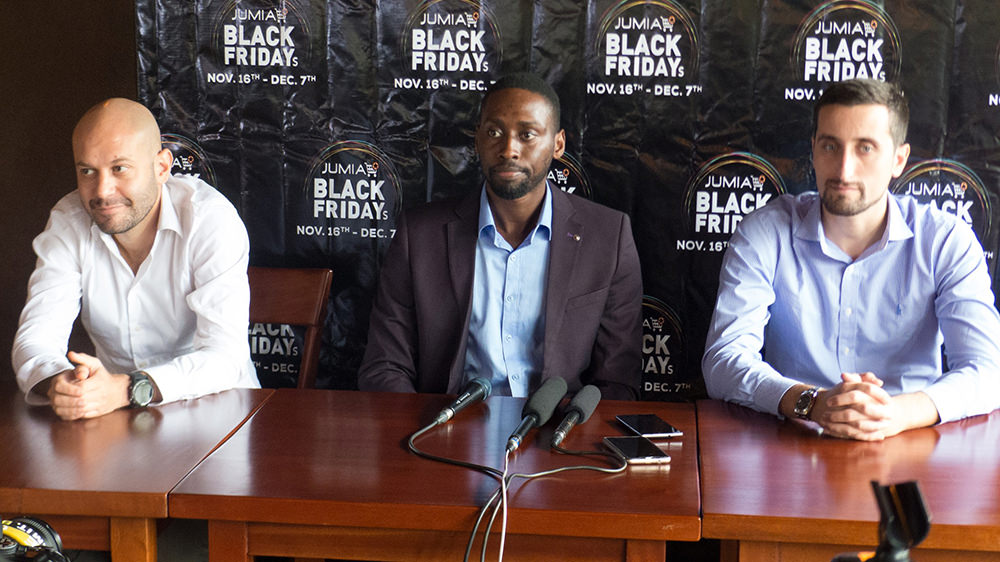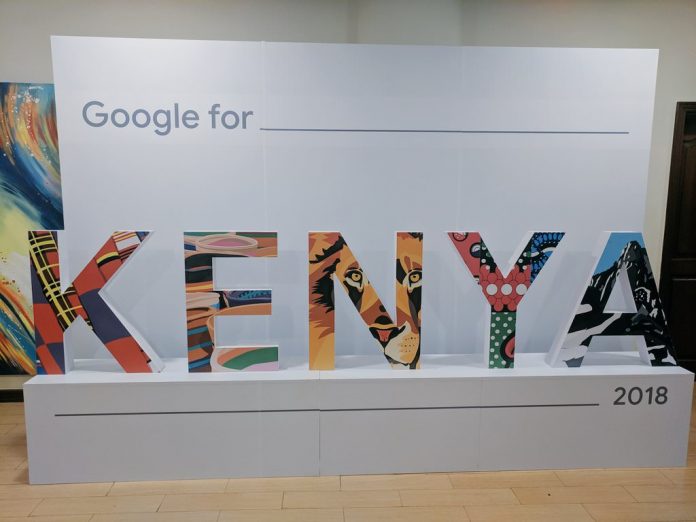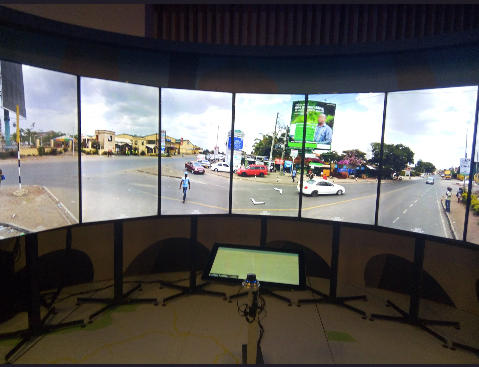On 5th November, Ugandan Minister of ICT and National Guidance Hon. Frank Tumwebaze along with other delegates successfully got Uganda elected to the International Telecommunication Union governing council at an event in Dubai (United Arab Emirates). Out of 177 votes, Uganda got 114 votes to be elected to governing council to join the other 12 countries that were selected from Africa and the 48 from the entire world.
The election means Uganda will be an ITU Council Member State elected for 2019-2023.
International Telecommunications Union (ITU) is the United Nations specialized agency for information and communication technologies – ICTs. The ITU was created in 1865 to manage international telegraph networks, but as new technologies were invented, the management of international radio frequency spectrum, broadcast signals, maritime and aeronautical mobile communications, and geostationary orbit slots for communications satellites became part of its mandate.
The role of ITU is to act as a catalyst in fostering cooperation among the States of the world in order to promote their participation in a global communication satellite system. It is by fostering such cooperation that the ITU can make its maximum contribution to the cause of world peace. It’s also supposed to consider broad telecommunication policy issues to ensure that the Union’s activities, policies and strategies fully respond to today’s dynamic, rapidly changing telecommunications environment.
ITU is committed to connecting all the world’s people – wherever they live and whatever their means. Through our work, we protect and support everyone’s fundamental right to communicate. In recent times, Uganda has increased its infrastructure to improve on the connectivity in the country and it’s joining the council will catalyse that agenda more.
Because ITU allocates global radio spectrum and satellite orbits, develop the technical standards that ensure networks and technologies seamlessly interconnect, and strive to improve access to ICTs to underserved communities worldwide, Uganda too is slated to be a direct beneficiary and also influence on the making of these policies.
The next council sitting of the 2019 Session will take place from 10 to 20 June 2019, in Geneva.

